August 12, 1944 – The Warsaw Uprising, Part 4
 Continuing our series of blog posts about the Warsaw Uprising, drawing from our award-winning book The Color of Courage, by Julian Kulski:
Continuing our series of blog posts about the Warsaw Uprising, drawing from our award-winning book The Color of Courage, by Julian Kulski:
CHAPTER 6
AGE 15: 1944 — THE WARSAW UPRISING
pp. 299–302:

Saturday, August 12 — We have been holding onto our positions in the Fire Brigade Building for several seemingly interminable days under steady artillery fire. At about 11:00 a.m. today, a German truck was seen racing toward our building. This time we allowed it to come closer than before, and when it was about fifty yards from us, we stopped it with our fire. The Germans immediately jumped out. One of them was killed, but the other two managed to get away. The truck remained in the open space which was now under continuous cross fire.
Then Cadet-Officer ‘Zawada,’ along with two others, ran to the truck and succeeded in bringing it to the garage doors at the front of our building, although they were shot at by a German machine gun.

As he was under fire all the time, it did not surprise us when ‘Zawada’ crashed the right wheel against the corner of the garage wall. The truck was full of wooden crates, and opening one, we found it full of German hand grenades. We were overjoyed at our luck and started to unload the crates as quickly as possible, as we knew that the Germans would press their attack even harder now. Sure enough, just as we were putting the last crate in the cellar, the whole building shook from the explosion of an artillery shell, which had hit the fifth floor.
Now a dreadful time started for us. Shell after shell began to explode in the different rooms and the gunpowder made our eye smart—sometimes the explosions were so close that the shock waves threw us against the walls. The entire building’s rooms and corridors were covered in clouds of dust, and strewn with pieces of brick and fragments of exploded shells.

But the observers held their original places ad paid extra attention in case the infantry advanced behind the screen of the artillery barrage. The firing only stopped with the coming of night. We were then able to take three seriously wounded men to a hospital and dress on the spot the wounds of those less badly injured.
Our building is now so perforated from the outside that it looks like a Swiss cheese, and inside all the rooms are badly damaged. We can only manage three to four hours’ sleep each night, as we have to spend time at the observation posts, clean our weapons, and check our ammunition.
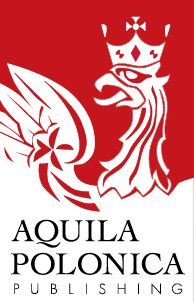
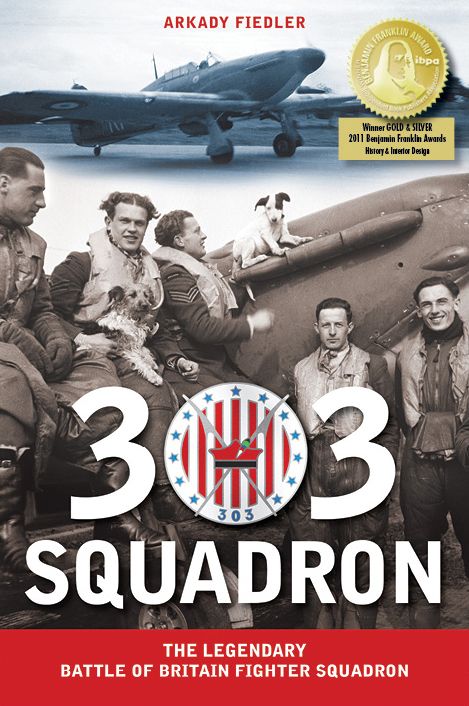
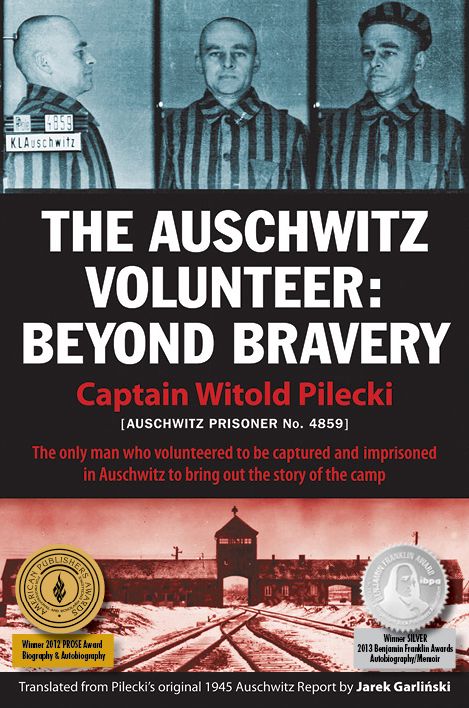
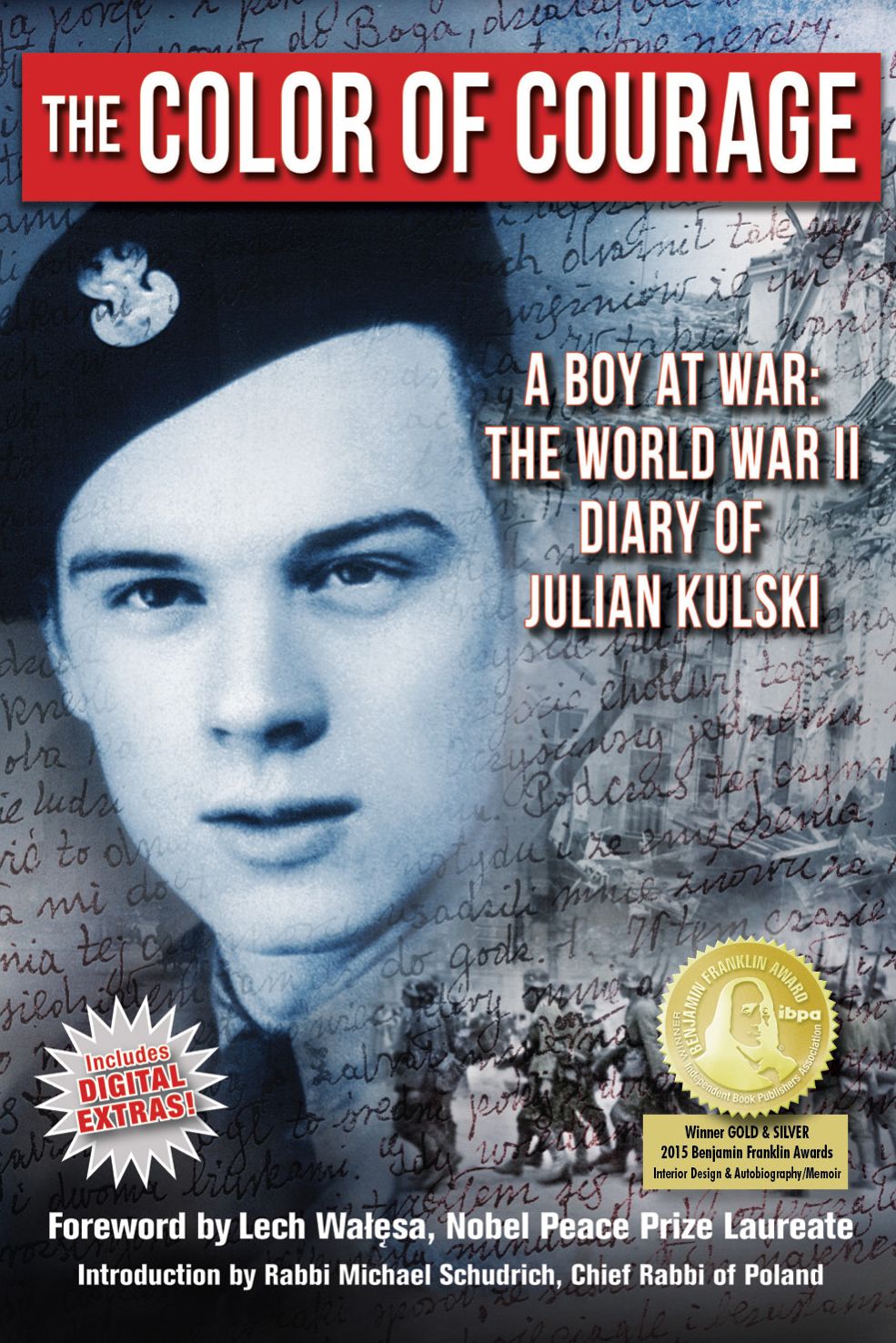

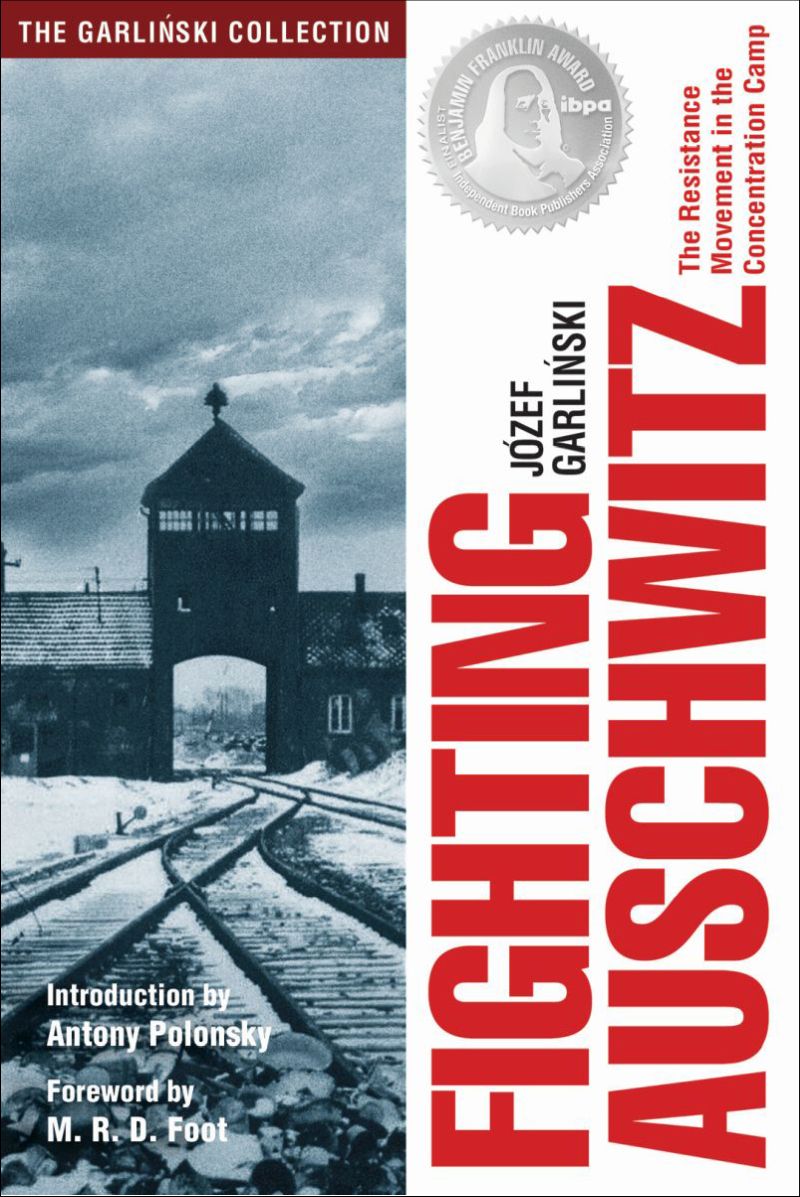
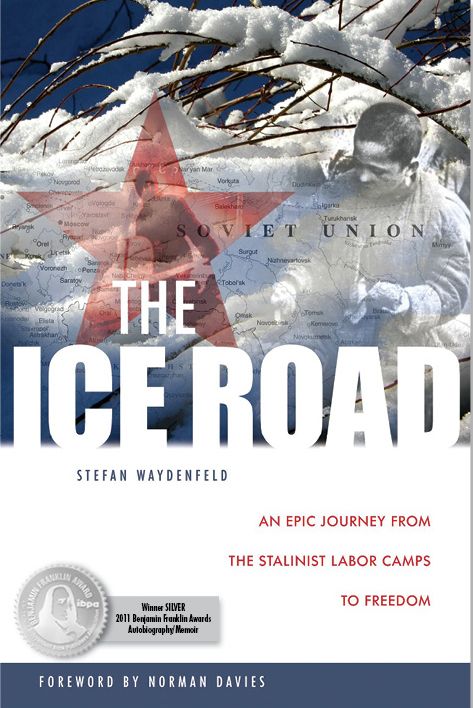
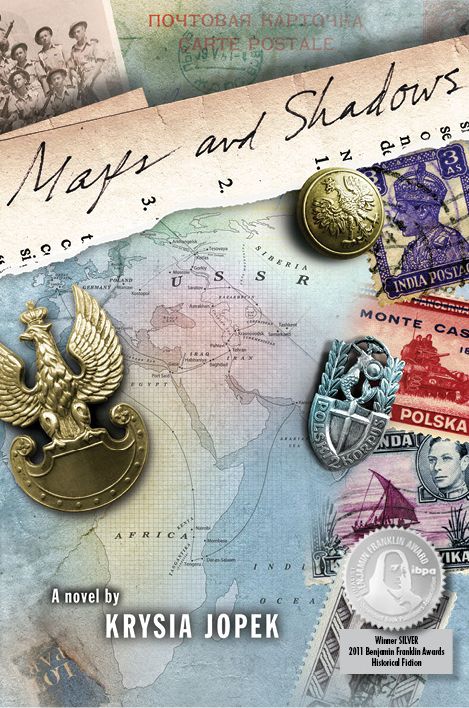
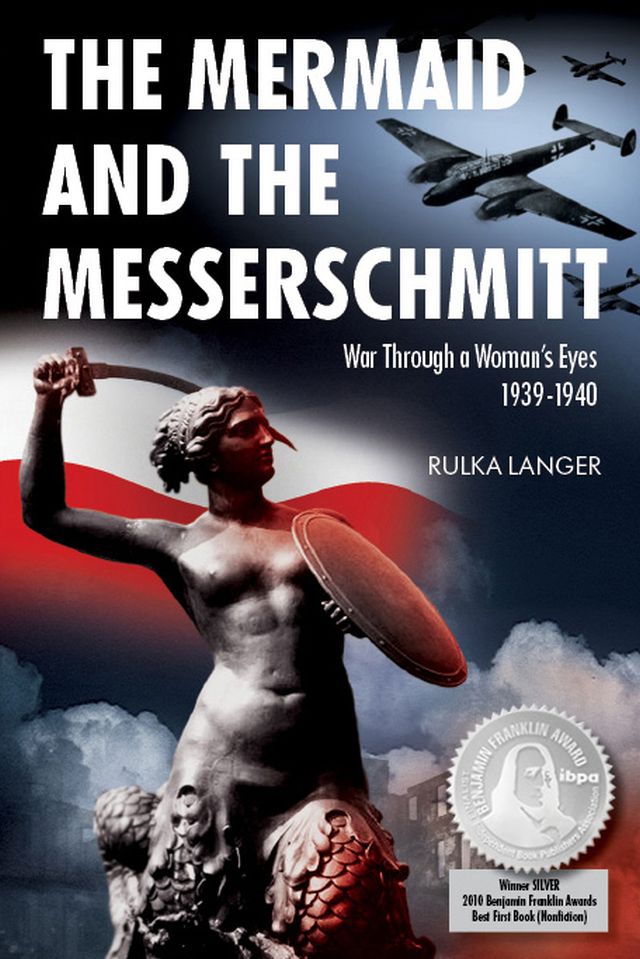

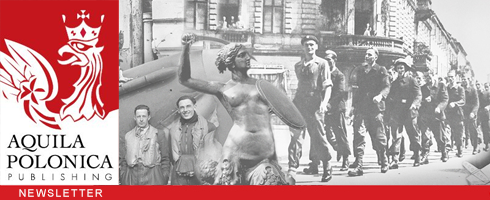
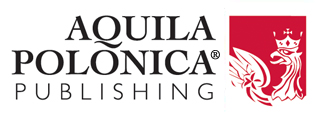
No comment yet, add your voice below!